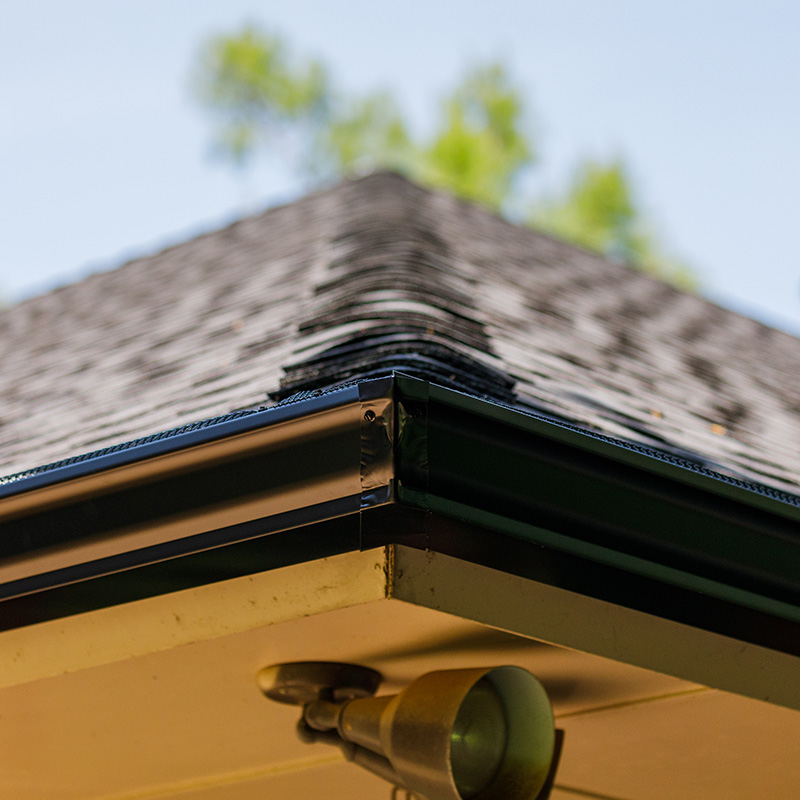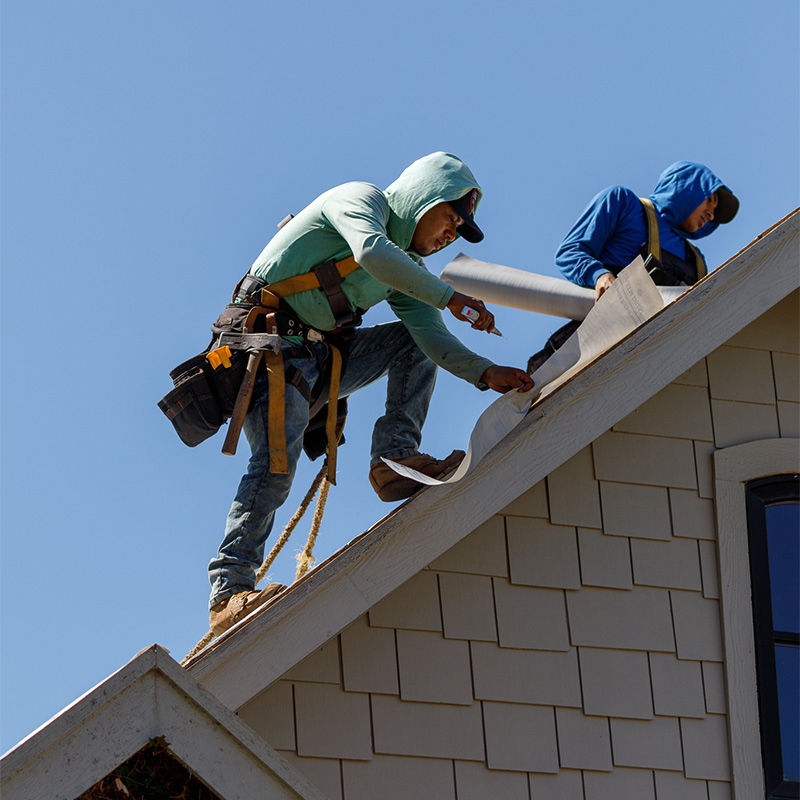Roofing warranties are like a safety net for your home’s most important protection—the roof. They’re not just pieces of paper, but promises that can save you a lot of money and stress if something goes wrong. Let’s break down what you need to know about these warranties, so you can feel confident about your roof’s protection.
Key Points: Roofing Warranties
- Manufacturer’s warranty covers roofing materials for 25-50 years
- Contractor’s warranty protects against installation errors
- Extended warranties offer additional coverage options
- Warranties typically cover material defects but not storm damage
- Choice of contractor can impact warranty validity
- Two main types: materials-only and labor-included warranties
- Primary function is financial protection for homeowners
- Regular roof inspections are crucial to maintain coverage
- Many warranties require registration within 30-90 days
- Understanding terms and exclusions is essential for homeowners
What’s in a Roofing Warranty?
A roofing warranty is a promise. It’s a guarantee that your roof will do its job for a certain number of years. But not all warranties are the same. Some cover just the materials, while others include the work done to install the roof.
- Manufacturer’s warranty: Covers the roofing materials
- Contractor’s warranty: Covers the installation work
- Extended warranty: Gives you extra protection for longer
- Coverage time: Usually 25-50 years for materials
- What’s included: Often covers defects and some damage
- What’s not included: Usually doesn’t cover storm damage or lack of maintenance
It’s important to know that choosing the right contractor can make a big difference in your warranty. A good contractor, like J&M Roofing & Exteriors, knows how to install your roof so that the warranty stays valid. They’ll also help you understand the specifics of your warranty, ensuring you’re fully informed about your coverage.
What Does Your Warranty Actually Cover?
Your warranty is like a shield, but it doesn’t protect against everything. Most warranties cover problems with the roofing materials themselves, such as defective shingles, premature aging, and some leaks due to installation errors.
Commonly Covered Issues:
- Defective shingles or tiles
- Premature aging or deterioration
- Algae growth (in some cases)
- Wind damage (up to specific wind speeds)
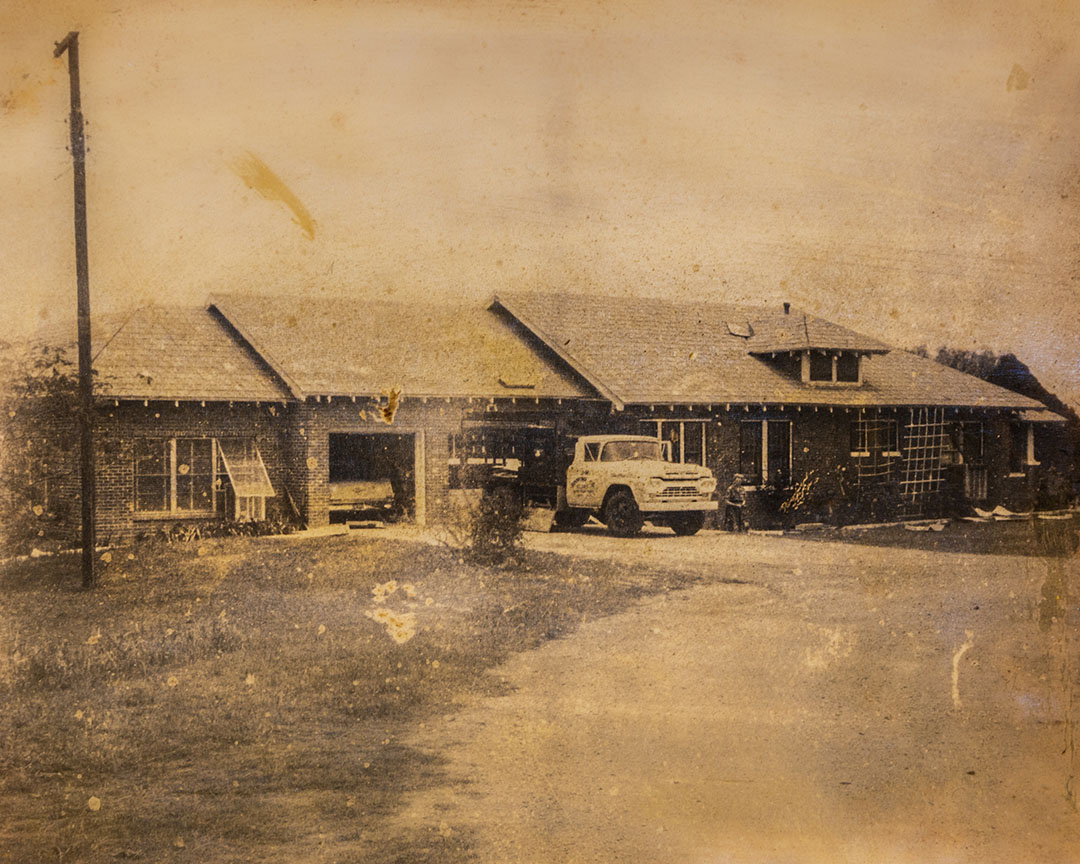
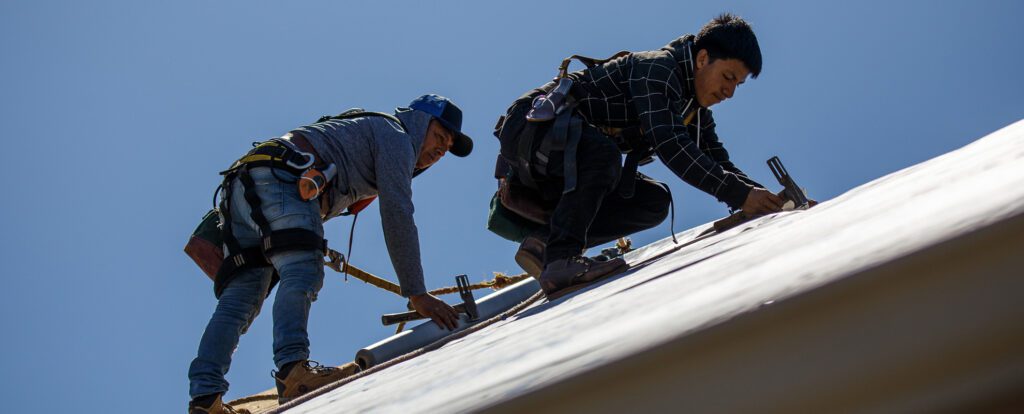
What’s Not Covered by Your Warranty?
Just like an umbrella doesn’t protect you from everything, your roof warranty has its limits. Warranties often exclude damage from natural disasters, neglect, or modifications after installation.
Common Exclusions:
- Damage from natural disasters (e.g., hurricanes, tornadoes)
- Issues caused by poor attic ventilation
- Damage from falling objects
- Problems from DIY repairs or unapproved contractors
How Long Does a Roof Warranty Last?
Roof warranties vary in duration:
- Material warranties: 25-50 years, typically for the materials
- Contractor warranties: 2-25 years for workmanship
It’s essential to know when both warranties expire. Some manufacturers offer prorated warranties, while others provide non-prorated warranties, giving full protection for the entire warranty period.
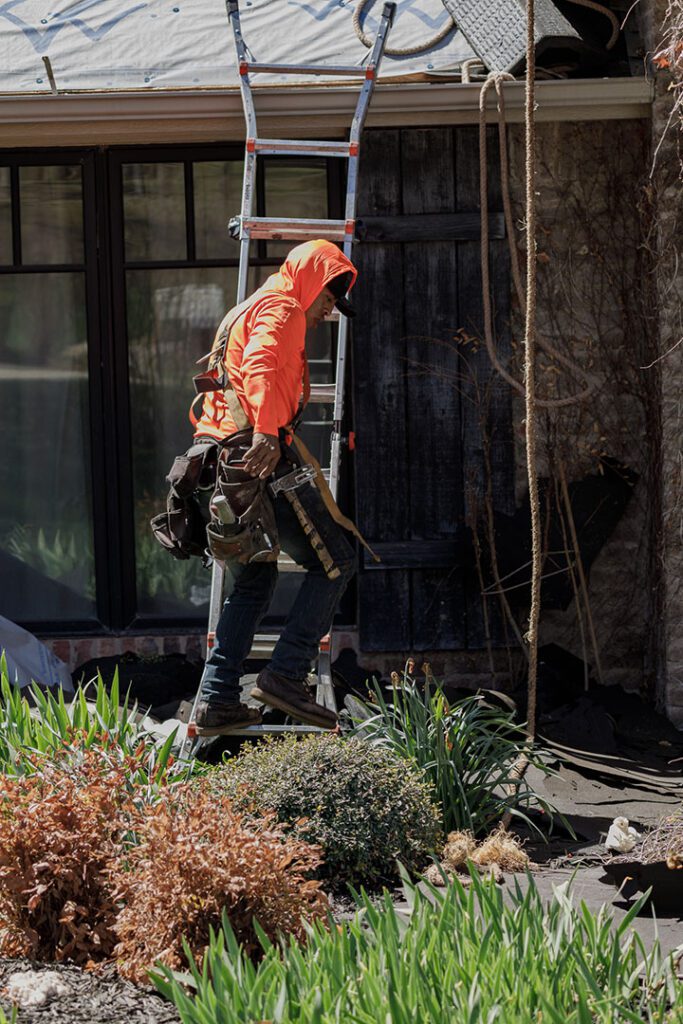
Keeping Your Warranty Valid
Your roof warranty requires regular care and maintenance. Follow these steps to ensure your warranty stays valid:
- Schedule regular roof inspections
- Call a professional if issues arise
- Keep warranty paperwork safe
- Maintain proper attic ventilation
- Keep gutters clean and trim overhanging trees
Choosing the Right Roofing Team
Selecting the right contractor is crucial to keeping your warranty intact. Look for:
- Experience and certifications
- Positive reviews from previous customers
- Knowledge of warranty requirements
- Manufacturer certifications
At J&M Roofing & Exteriors, we meet these criteria and ensure your roof is installed correctly and your warranty is protected.
Roof Warranty vs. Home Insurance: What’s the Difference?
A roof warranty covers problems with the roof materials and installation, while home insurance protects against unexpected events like storms or fires. You need both to ensure your home is fully protected.
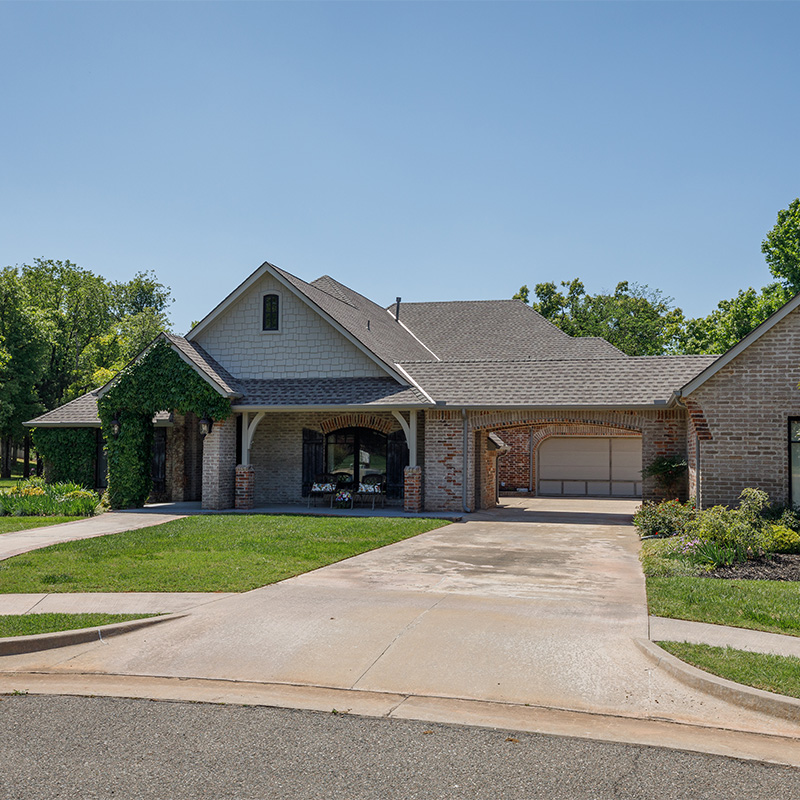
Tips for Homeowners: Getting the Most from Your Warranty
- Read the warranty carefully
- Ask questions if needed
- Keep all documentation safe
- Follow all maintenance guidelines
- Use a professional for repairs
- Document any roof repairs or issues
Wrapping Up: Your Roof, Your Warranty, Your Peace of Mind
Understanding your roof warranty is essential for protecting your home and wallet. Remember:
- Know your warranty coverage and exclusions
- Maintain your roof to keep your warranty valid
- Work with trusted contractors like J&M Roofing & Exteriors
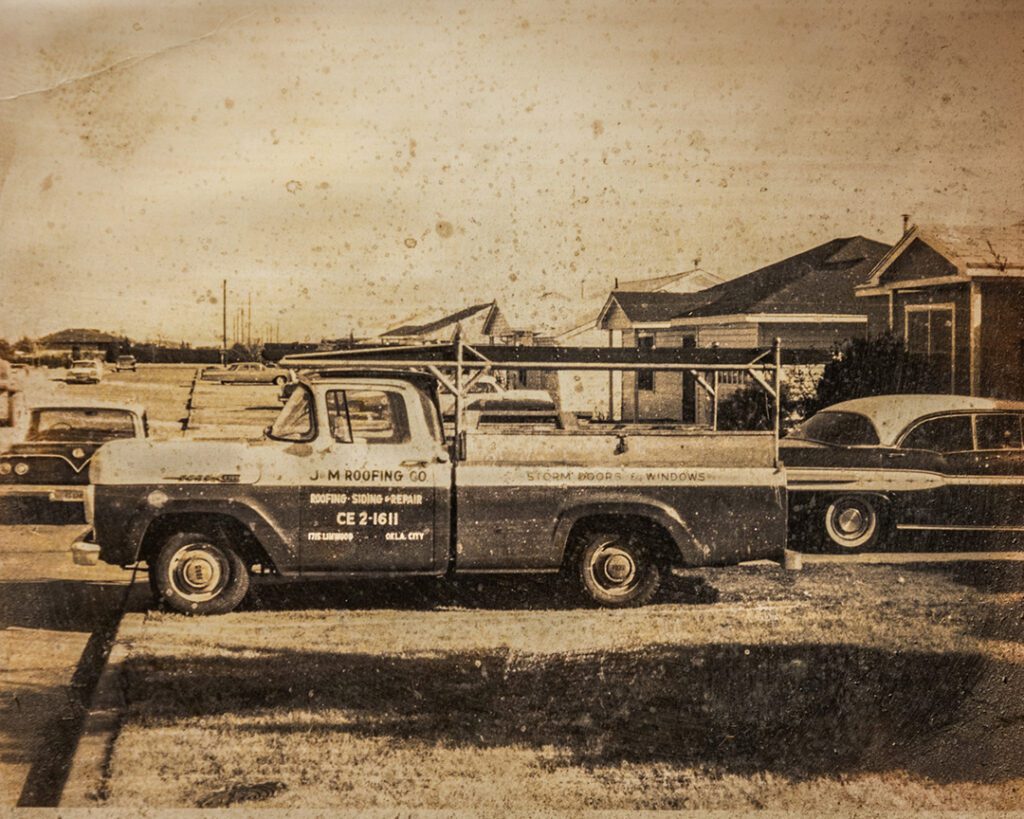
At J&M Roofing & Exteriors, we’re here to help you understand roofing warranties and keep your roof in top shape. Don’t hesitate to reach out for any questions about your roof warranty!
